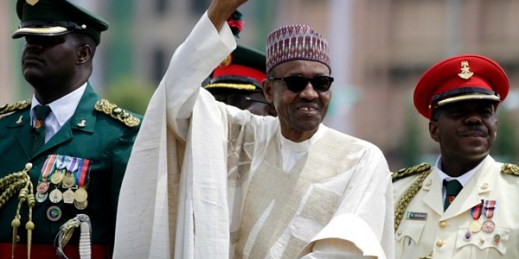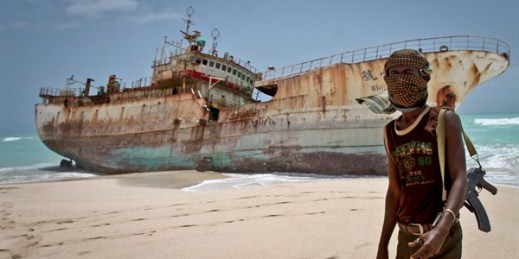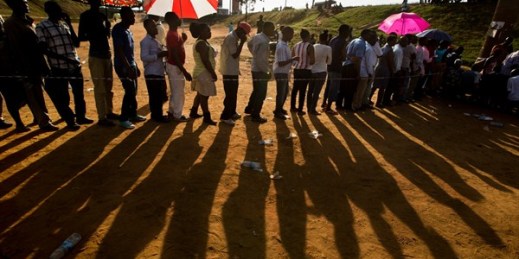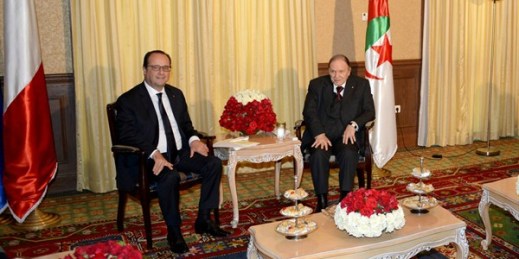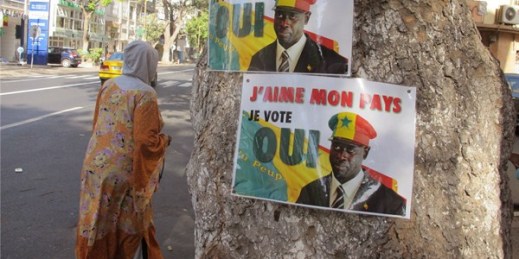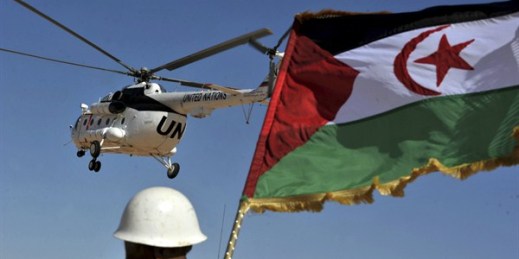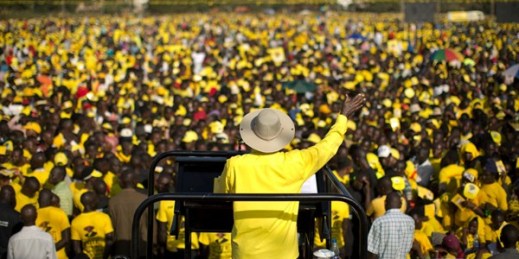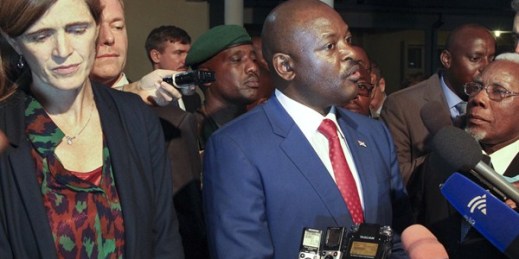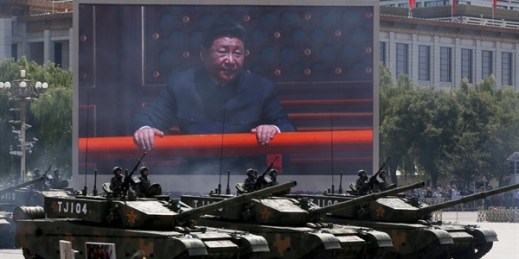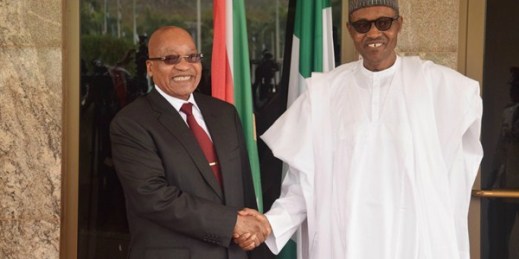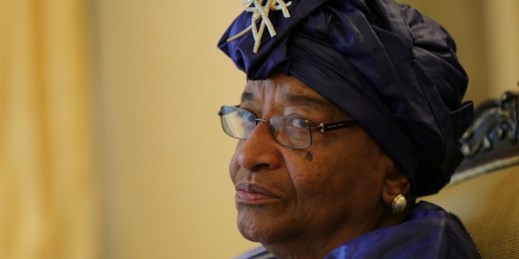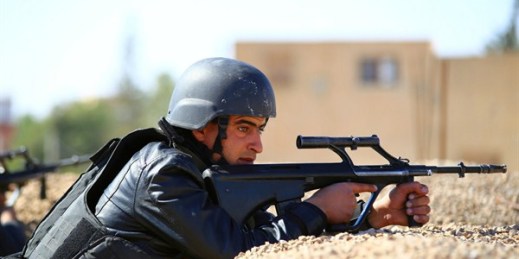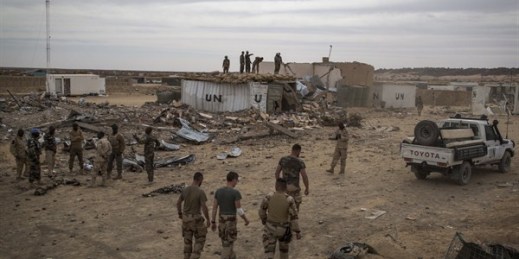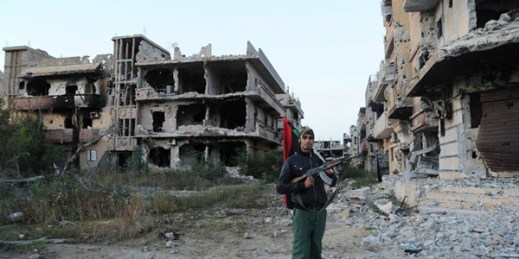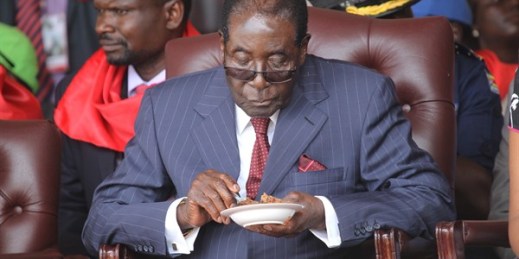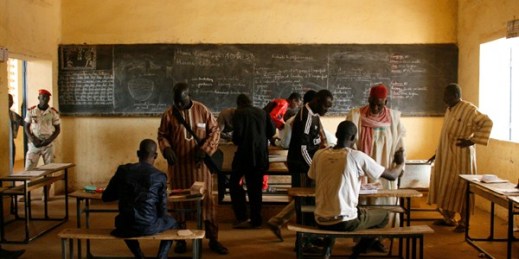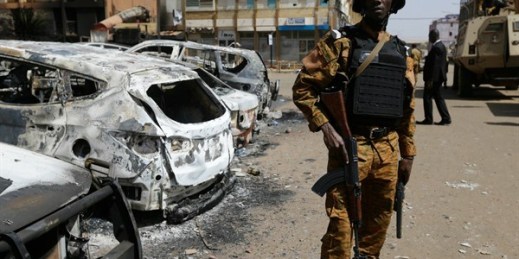
OUAGADOUGOU, Burkina Faso—In the wake of a deadly terrorist attack in Burkina Faso’s capital in January, followed by a raid on a military armory by dissident Burkinabe soldiers, the country’s newly elected government is ramping up security. President Roch Marc Christian Kabore promises to continue reinforcing democratic freedoms, but already some of his government’s reactions have been heavy-handed or inept, raising concerns about how liberties can be preserved in an atmosphere of uncertainty and tension. In February, for example, the independent newspaper in Ouagadougou, L’Evenement, published an article on the armory attack, which was carried out by recalcitrant members of […]

